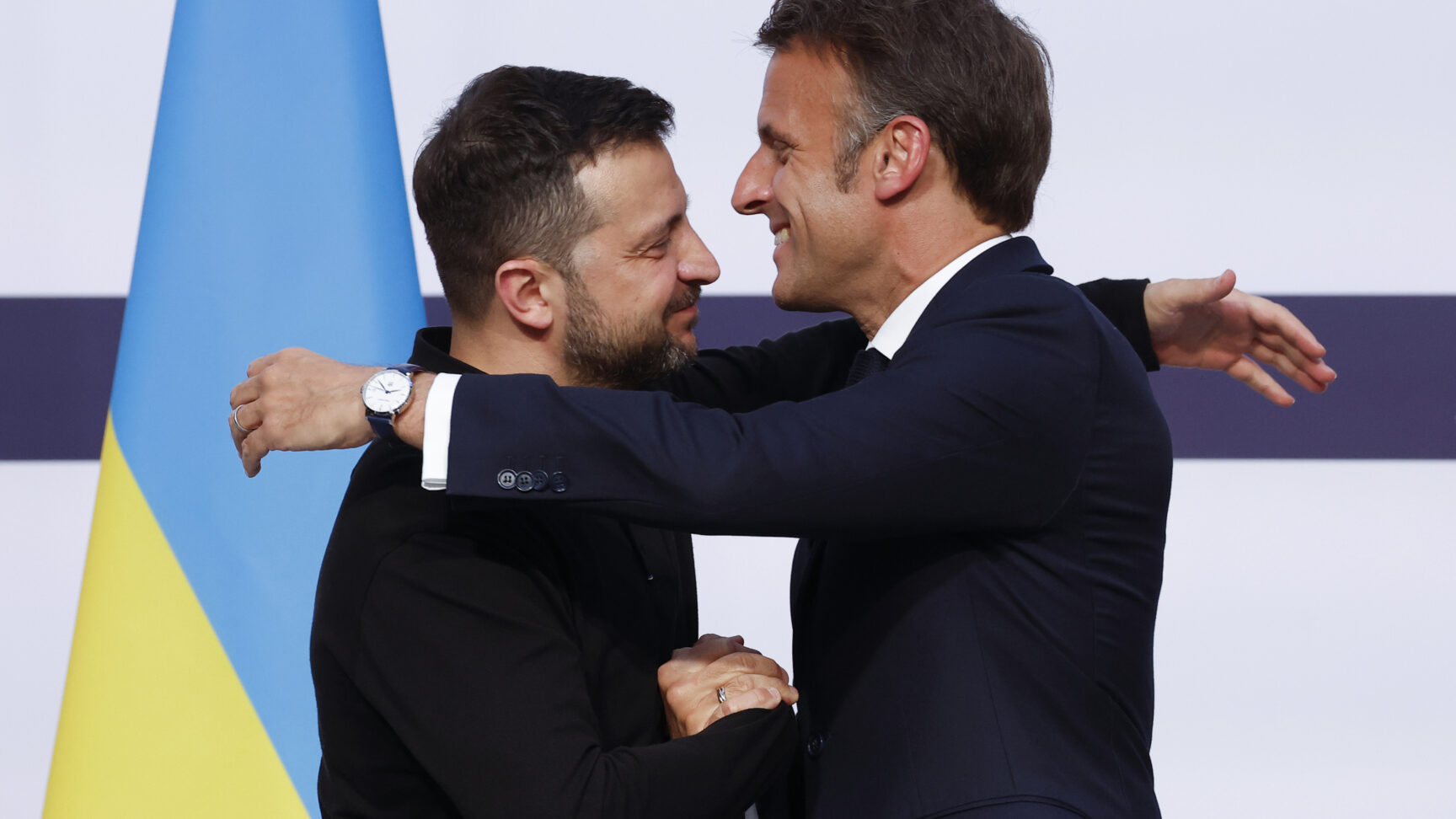
The meaning of sovereignty: Ukrainian and European views of Russia’s war on Ukraine
New research confirms Ukrainians’ determination to fight and Europeans’ steady support for Kyiv. But a major divide lurks beneath this appearance of unity

By relying extensively on France and the US for its security and defence, Germany could easily find itself isolated and at risk. Berlin needs to act fast
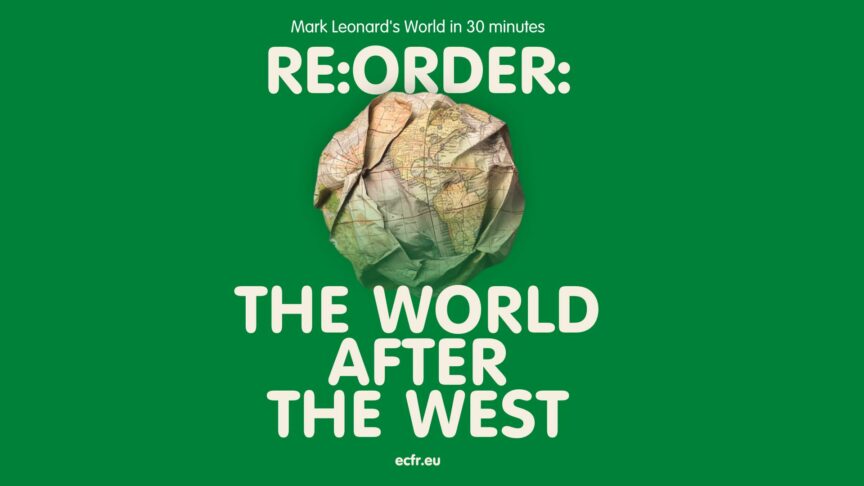
Mark Leonard welcomes to Pramit Pal Chaudhuri to discuss India as a middle power

When the UK’s prime minister hosts other European leaders this week, their old protector will be absent. A shared approach to security is now vital
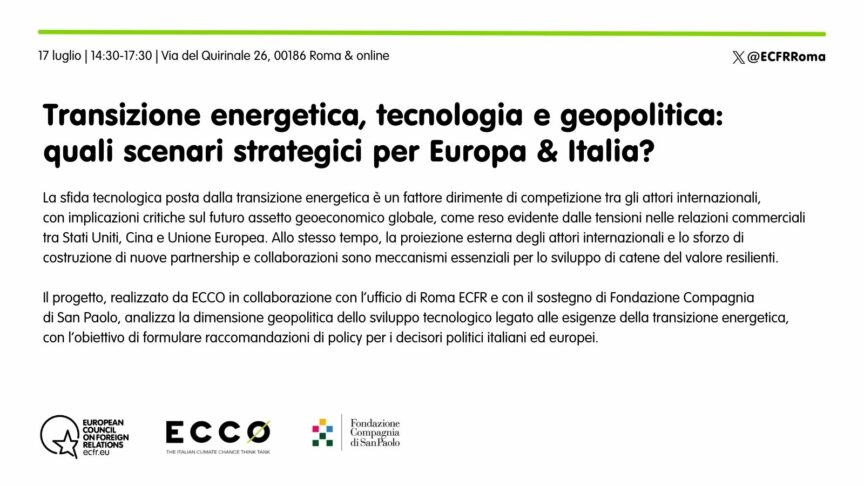
La sfida tecnologica posta dalla transizione energetica è un fattore dirimente di competizione tra gli attori internazionali, con implicazioni critiche sul futuro assetto geoeconomico globale, come reso evidente dalle tensioni nelle relazioni commerciali tra Stati Uniti, Cina e Unione Europea. Allo stesso tempo, la proiezione esterna degli attori internazionali e lo sforzo di costruzione di nuove partnership e collaborazioni sono meccanismi essenziali per lo sviluppo di catene del valore resilienti
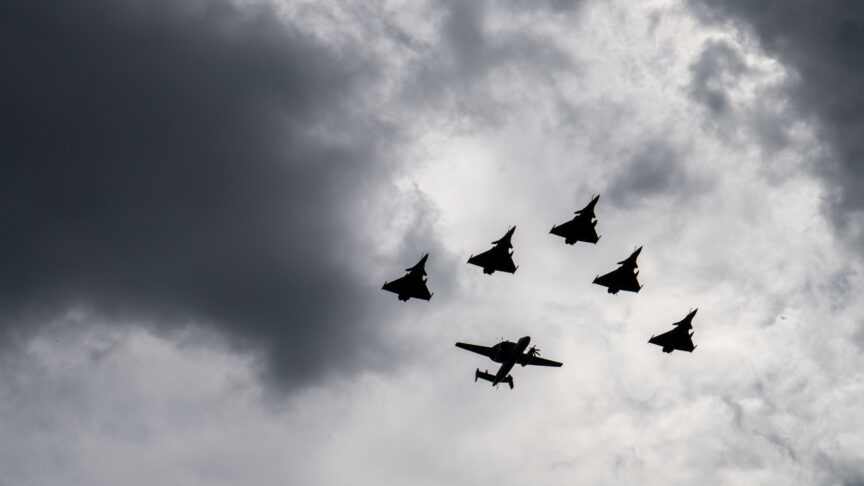
The EU’s red tape is preventing it from responding quickly enough to major crises. An EU defence production act could help
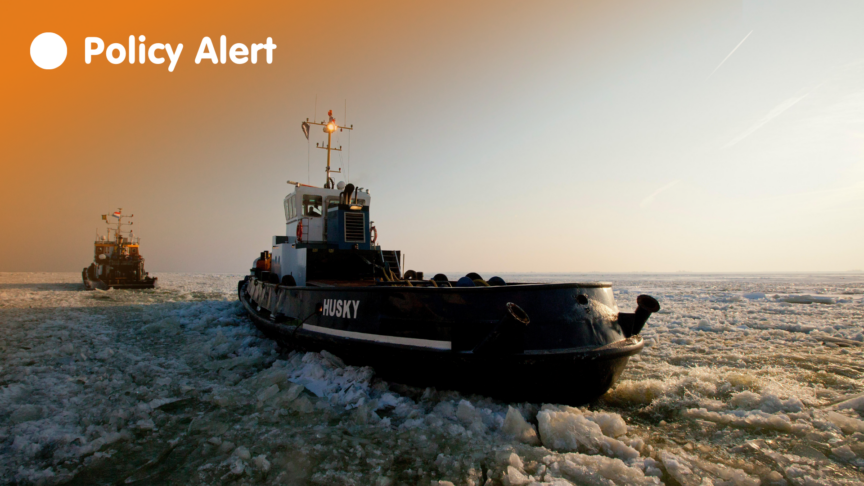
Icebreaker ships are critical in the competition for Arctic resources. A new initiative aims to strengthen transatlantic capabilities in building and deploying these ships, but more should be done if the pact is to counter Russian and Chinese ambitions
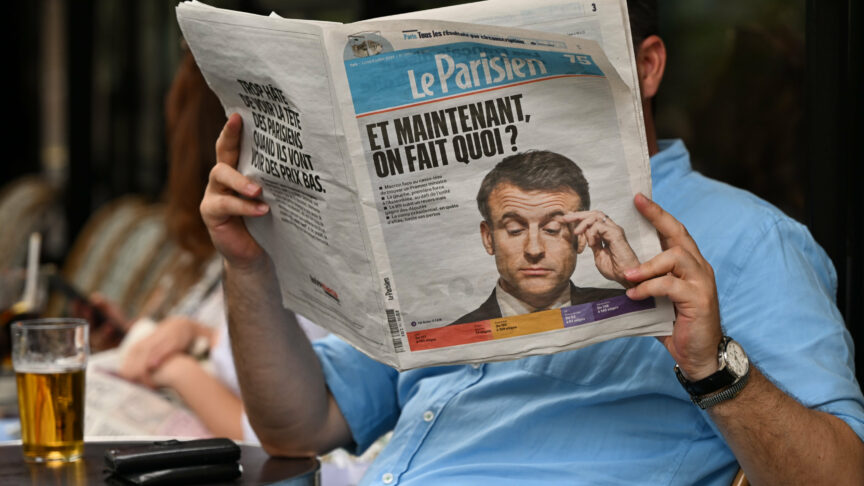
To form a workable government after the snap election, French parties will need to make coalitions and concessions. But such cooperation runs contrary to French political culture, and the likely divisions risk weakening France’s voice on the international and European stage
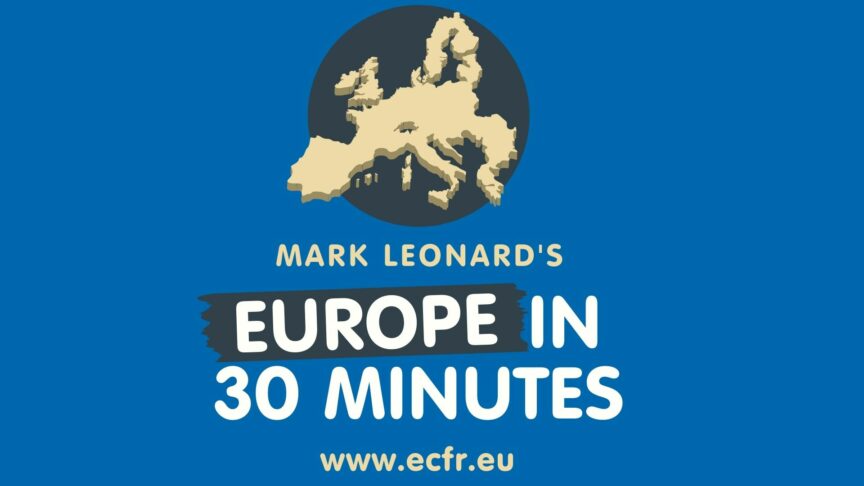
Vessela Tcherneva welcomes Camille Grand, Camille Lons, Marta Prochwicz Jazowska, and Jana Puglierin to discuss the 75th NATO summit, and how Europe can defend itself with less America

The EU cannot afford to stay divided on its green industrial policy. Instead, the next European Commission should spearhead a common and credible approach to ensure the bloc catches the next green technology wave
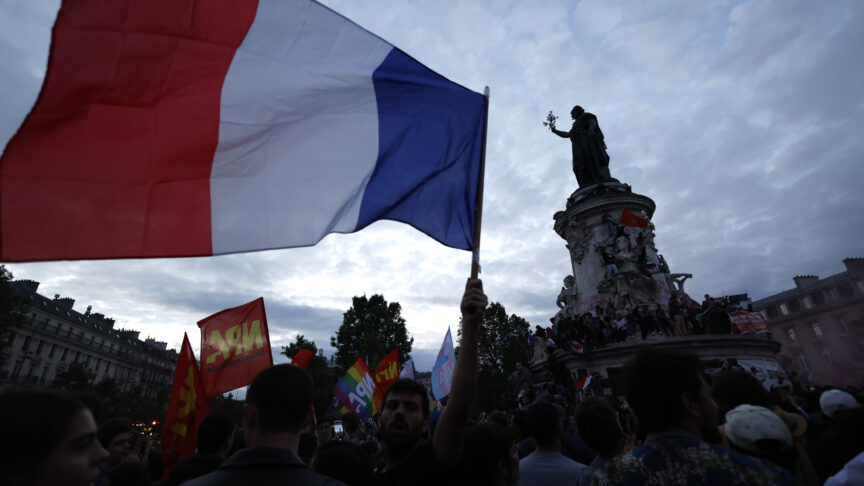
Sunday’s surprising election result prompted an international sigh of relief, but Emmanuel Macron’s gamble has weakened him and Europe

The EU cannot afford to stay divided on its green industrial policy. Instead, the next European Commission should spearhead a common and credible approach to ensure the bloc catches the next green technology wave
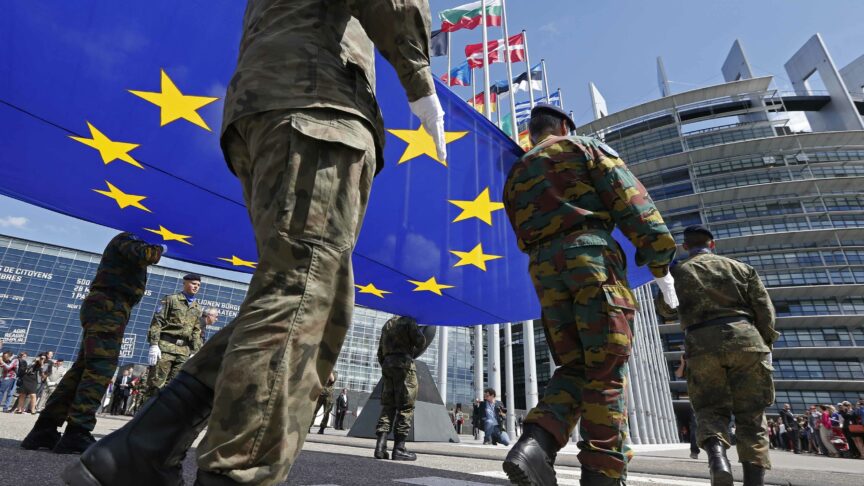
Shifting US priorities and a degrading security environment – not to mention the possibility of a second Trump presidency – mean Europeans finally have to take more responsibility for their own security
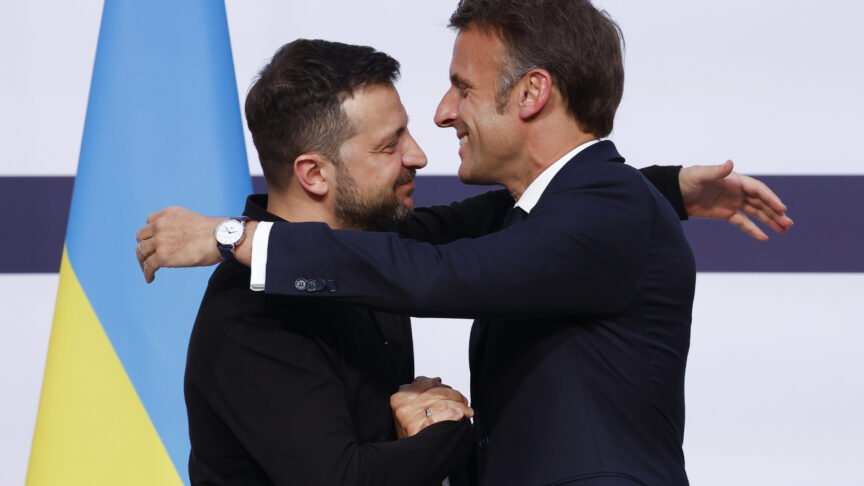
New research confirms Ukrainians’ determination to fight and Europeans’ steady support for Kyiv. But a major divide lurks beneath this appearance of unity
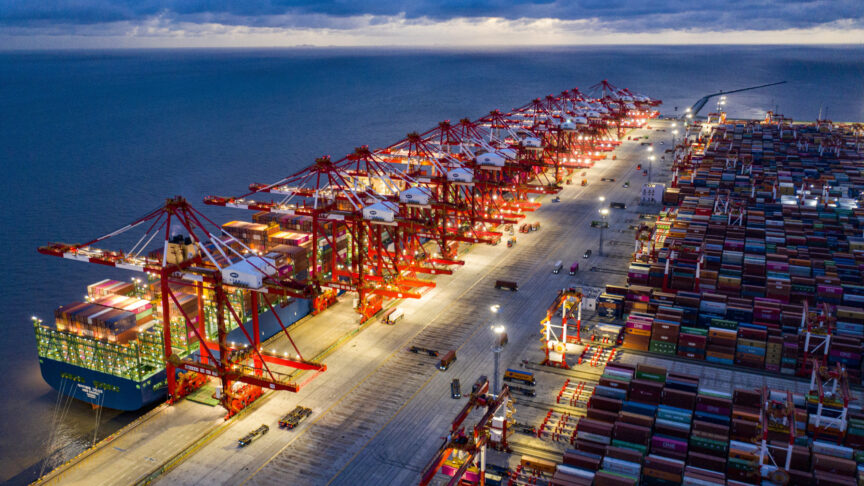
The EU has started to join the dots between its economic and security policies. But as other powers reshape the geoeconomic landscape, it needs to upgrade its strategy beyond risk mitigation and competitiveness
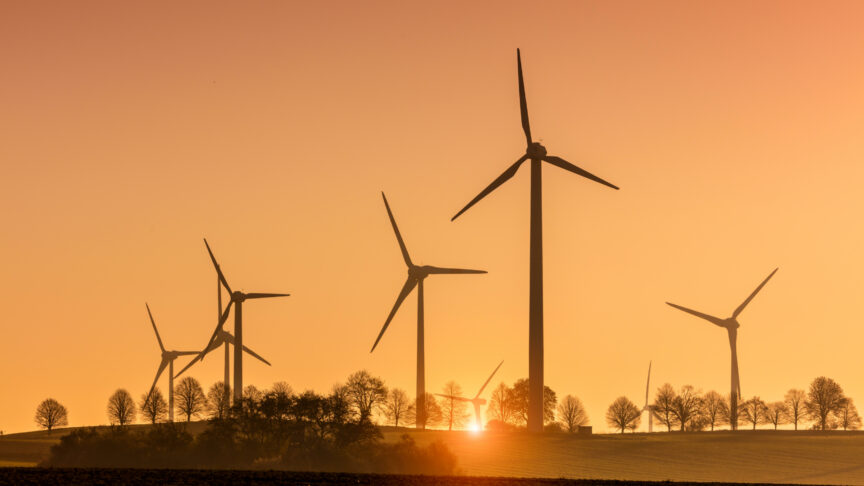
After the European Parliament election, the incoming EU institutions will likely prioritise security and competitiveness, complicating the path to climate action. Climate progressives will need compelling narratives, strategic resourcing, and diplomatic engagement to advance the best possible climate agenda over the next five years
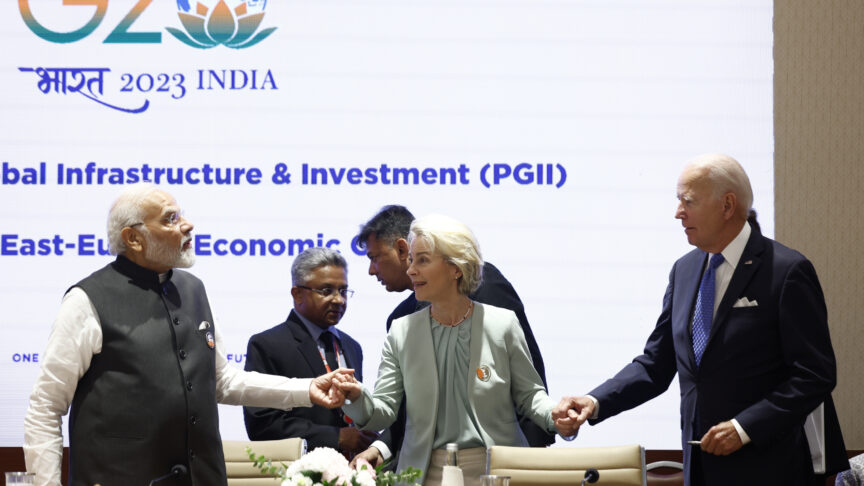
The India-Middle East-Europe economic corridor is alive, if not yet kicking. Europeans should use the hiatus in the corridor’s development to agree on the next steps, with a focus on reconciling the various goals of all its participants
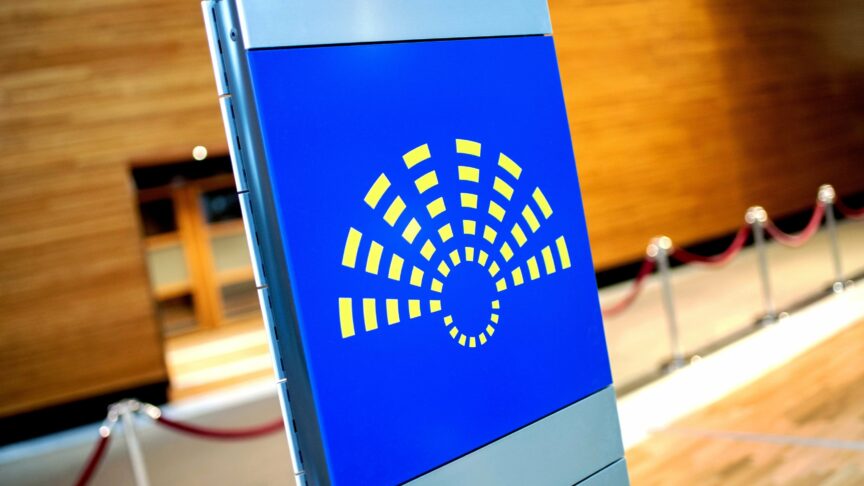
Mainstream parties are hoping to prevent an anticipated far-right surge in this year’s European Parliament election. But the results of ECFR’s latest opinion poll suggest their current strategy could backfire – and what they should do instead
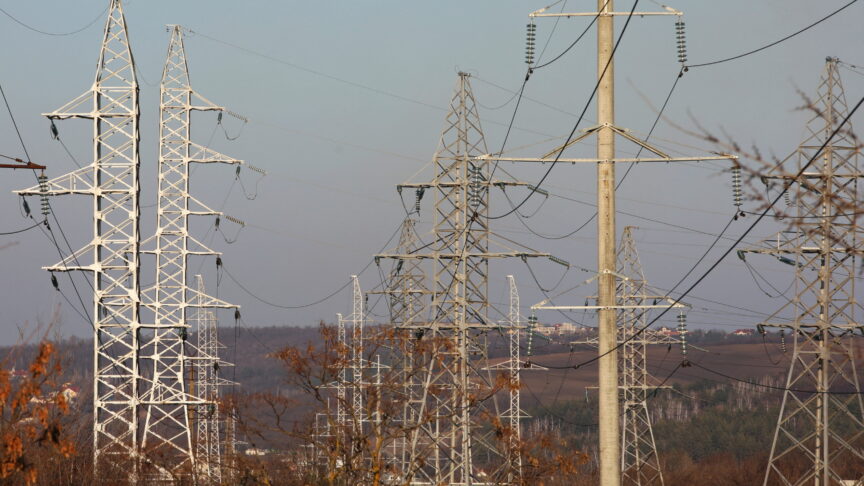
Over the past two years, the EU has helped Ukraine and Moldova to diversify away from Russian fossil fuels. This has significantly strengthened their energy sovereignty – but improving the efficiency and cleanness of their energy sectors would bring further mutual benefits
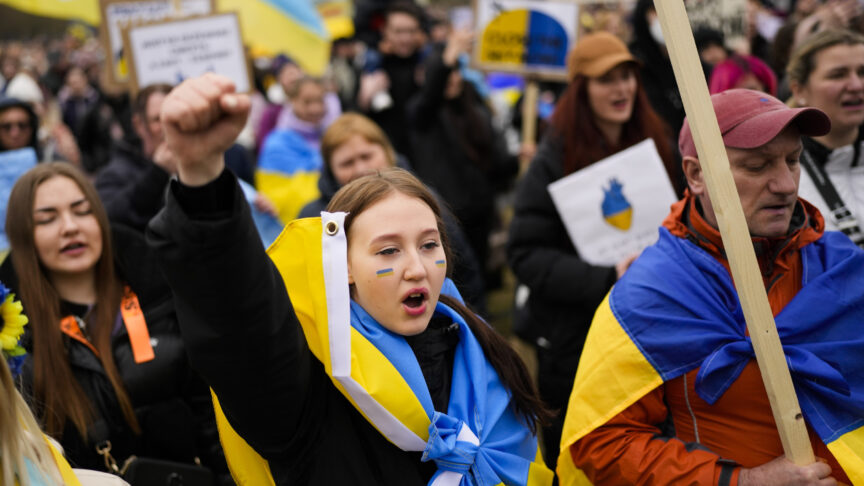
As Russia’s war on Ukraine approaches its second anniversary, European leaders need to prevent Vladimir Putin from capitalising on war fatigue in the West. To maintain public support for backing Kyiv in this crucial election year, they should make clear that a Russian victory is not peace
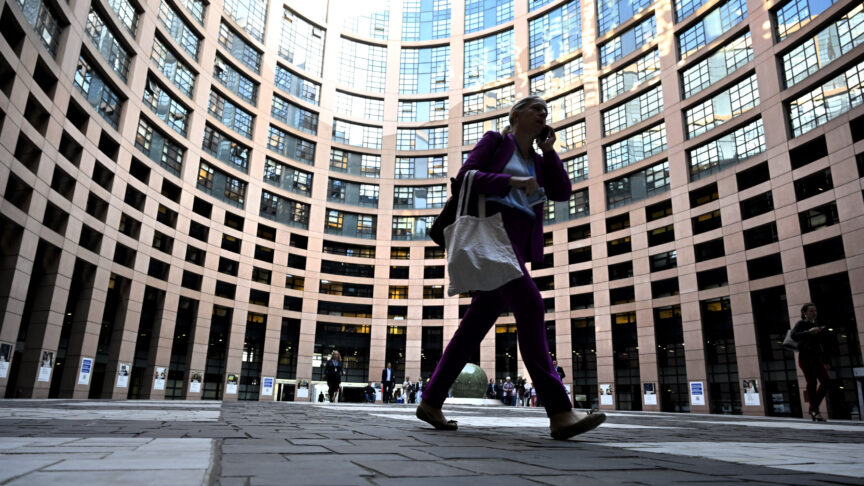
The 2024 European Parliament elections will see a shift to the right in many countries and could mean that a populist right coalition emerges with a majority for the first time

By relying extensively on France and the US for its security and defence, Germany could easily find itself isolated and at risk. Berlin needs to act fast

When the UK’s prime minister hosts other European leaders this week, their old protector will be absent. A shared approach to security is now vital

The EU’s red tape is preventing it from responding quickly enough to major crises. An EU defence production act could help

Icebreaker ships are critical in the competition for Arctic resources. A new initiative aims to strengthen transatlantic capabilities in building and deploying these ships, but more should be done if the pact is to counter Russian and Chinese ambitions

To form a workable government after the snap election, French parties will need to make coalitions and concessions. But such cooperation runs contrary to French political culture, and the likely divisions risk weakening France’s voice on the international and European stage

Sunday’s surprising election result prompted an international sigh of relief, but Emmanuel Macron’s gamble has weakened him and Europe
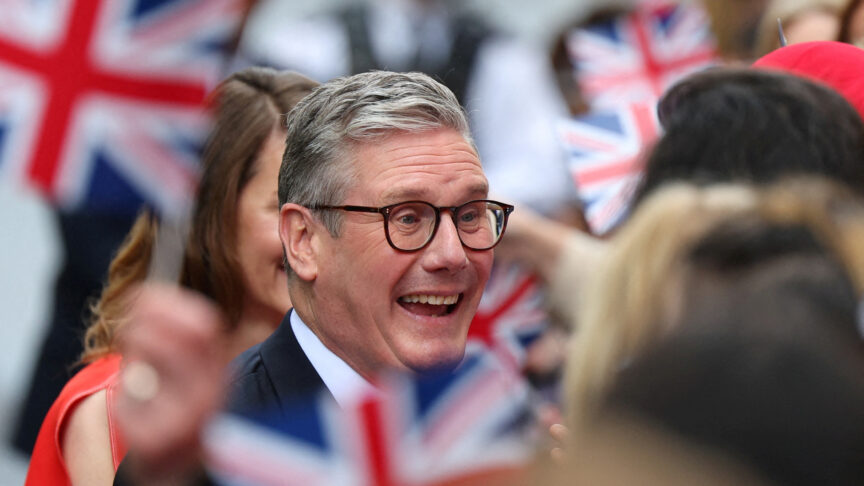
As Keir Starmer assumes office, myriad international questions will land on his desk – but don’t expect these to be his immediate focus
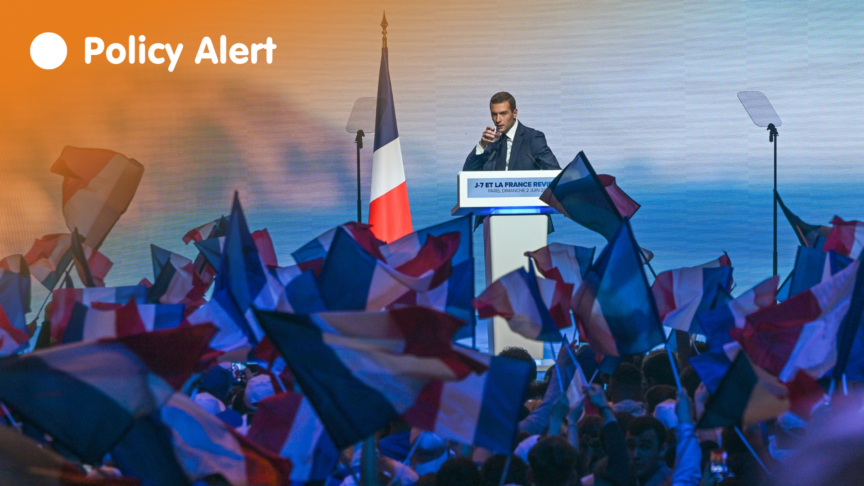
The far-right National Rally is leading the polls ahead of the second round of the French election. Its success would have inevitable consequences for French foreign policy
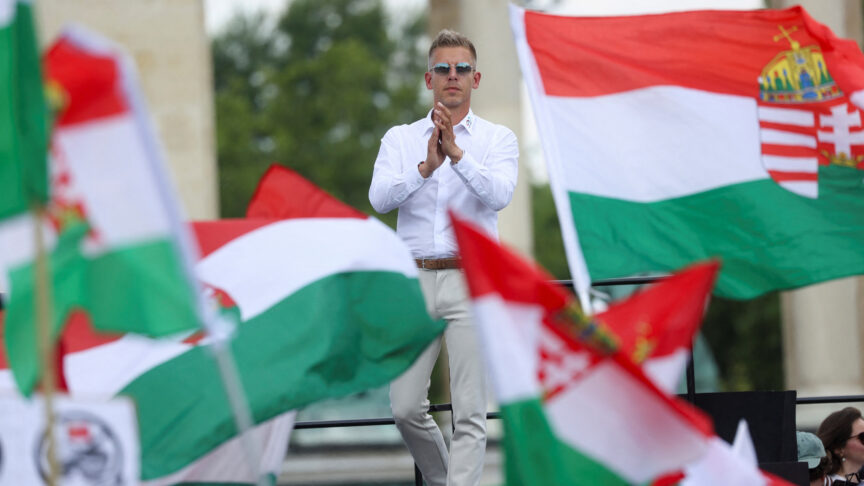
There is a new kid on the block in Budapest, but it remains to be seen whether Peter Magyar can break 14 years of Orban rule
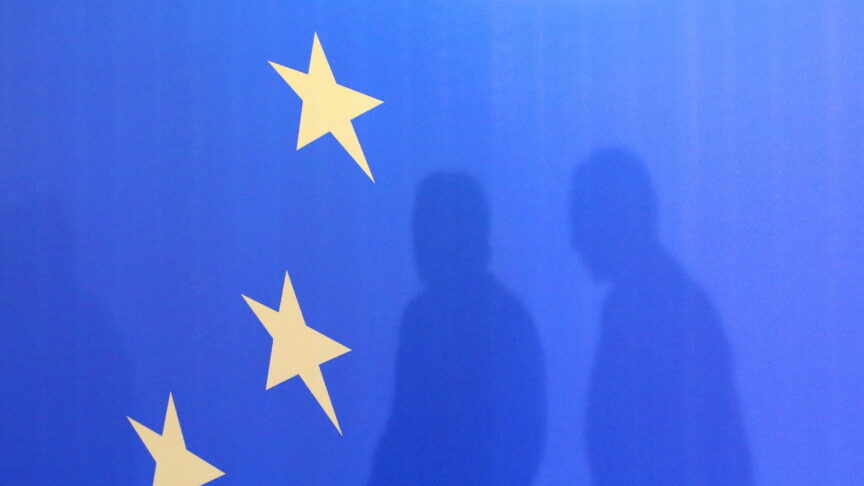
As Brussels gears up for the next institutional cycle, it should first take stock of the last five years of EU foreign policy
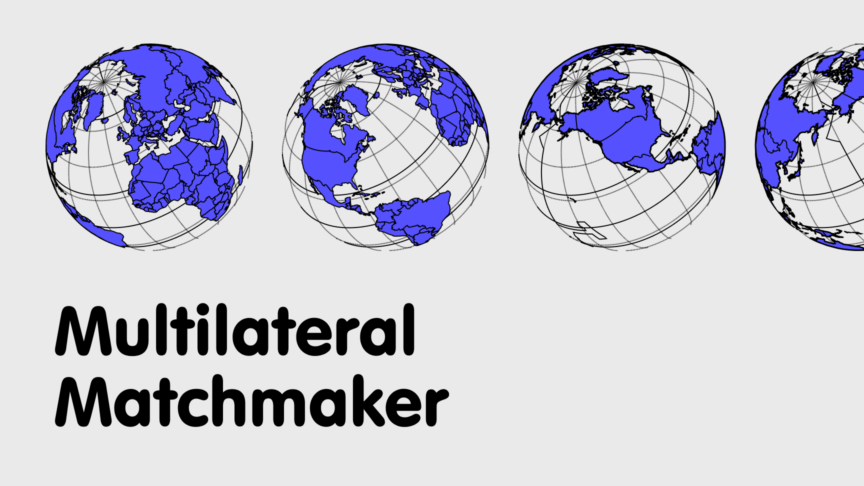
Multilateral coalitions are increasingly important for combatting global challenges. Europeans have many eligible – and untapped – potential partner countries, but to stand out they need to ensure their offer is as grounded in these partners’ interests as their own
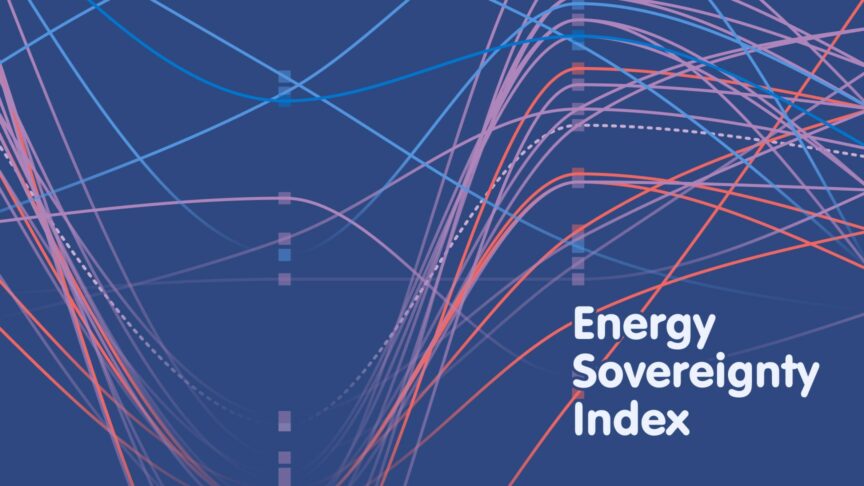
ECFR presents an innovative new way to assess the energy sovereignty of EU member states in the wake of Russia’s invasion of Ukraine
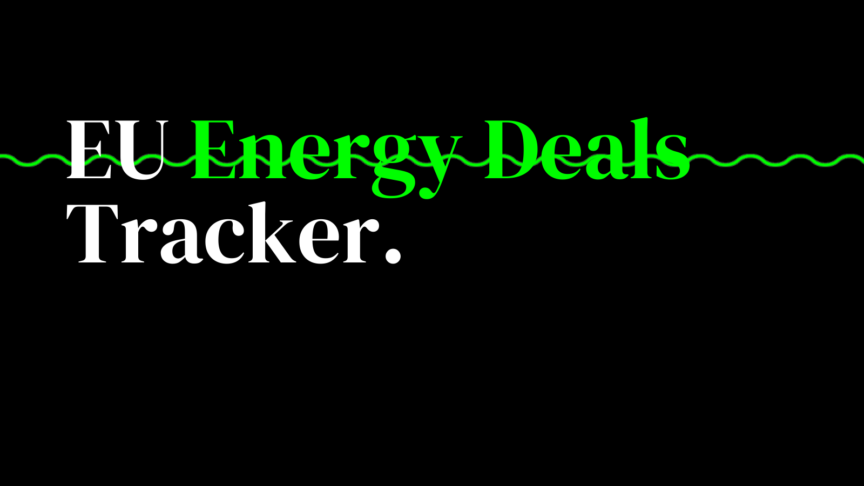
The energy deals the EU and its member states are now making with third countries will shape Europeans’ ability to protect their energy security in the long term. The EU Energy Deals Tracker provides a comprehensive overview of these agreements, including their implications for the sustainable transition
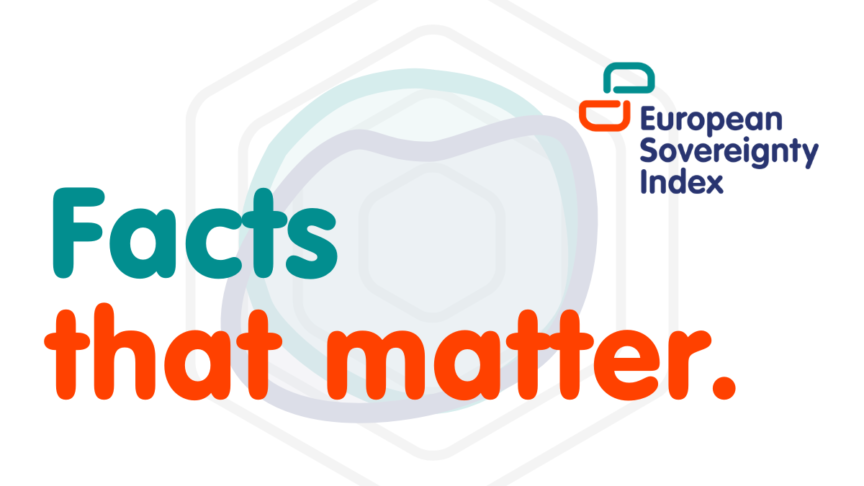
The EU can overcome the new challenges it faces and can shape the global order. To achieve this, Europeans will need to improve their joint capacity to act
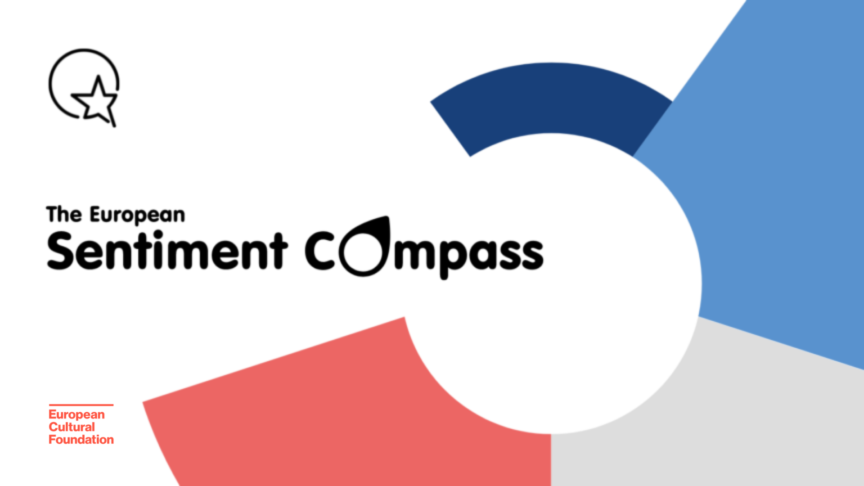
In the wake of pandemic and war, the Sentiment Compass assesses the changing expectations of the EU across its member states. It finds that EU should harness the power of culture and the free media to nurture a stronger European sentiment – helping it to address the major challenges facing the continent
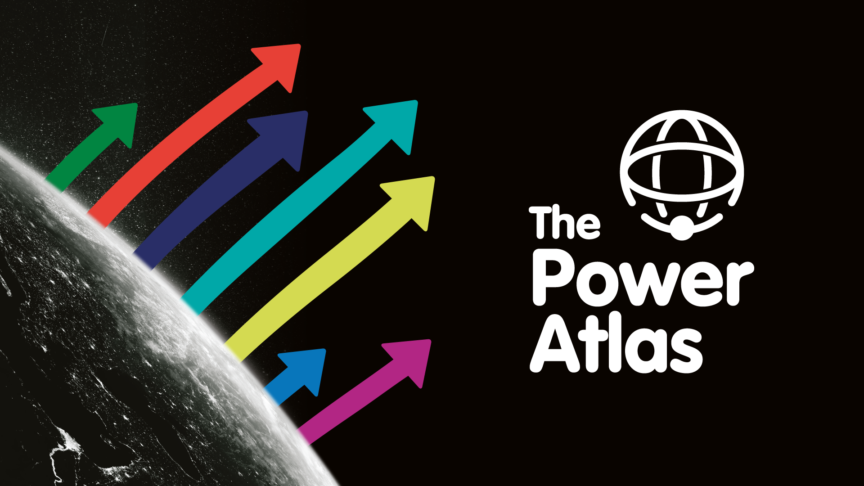
Power is now defined by control over flows of people, goods, money, and data, and via the connections they establish. Only states that see the new map of geopolitical power clearly will be able to control the modern world

European cohesion is bouncing back after crisis years. The EU Cohesion Monitor presents new insights on cohesion as an underestimated source of strength and collective action in the EU
The Coalition Explorer illustrates the expert opinions of more than 800 respondents who work on European policy and creates a visual understanding of the views held by Europe’s professional political class
The European Solidarity Tracker collects and displays instances of pan-European solidarity throughout the coronavirus crisis
To fulfil its true potential, the EU needs to end its strategic cacophony and focus on capability building

Mark Leonard welcomes to Pramit Pal Chaudhuri to discuss India as a middle power

Vessela Tcherneva welcomes Camille Grand, Camille Lons, Marta Prochwicz Jazowska, and Jana Puglierin to discuss the 75th NATO summit, and how Europe can defend itself with less America

Mark Leonard welcomes Célia Belin to discuss the results of the French election

Mark Leonard welcomes Laurence Boone, Julian King and Ivan Rogers to discuss the results of the UK elections

Mark Leonard welcomes Nasser Hadian to delve into Iran’s geopolitical positioning

Mark Leonard welcomes Ayşe Zarakol to talk about global order and Turkey

In this new episode, Vessela Tcherneva welcomes head of ECFR offices to discuss national implications of the EU elections
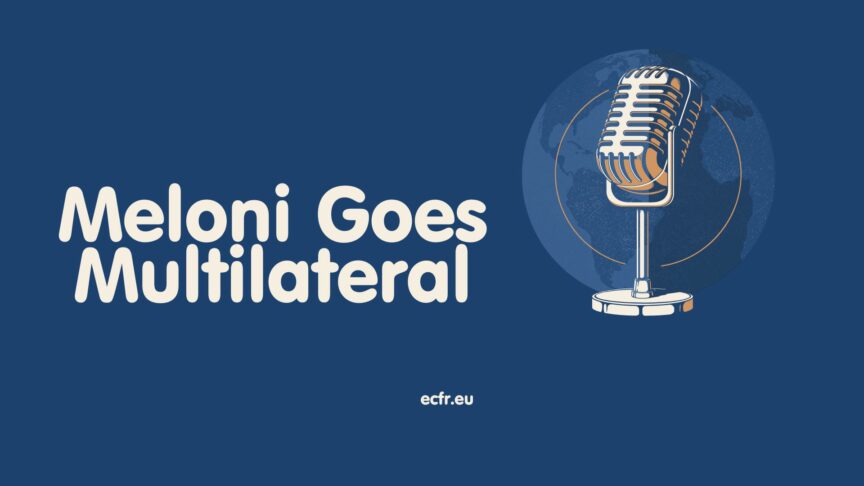
In the first big multilateral test for prime minister Giorgia Meloni, this mini-series will explore the four main priorities of Italy’s 2024 G7 presidency: Ukraine, AI, infrastructure, and Africa

In the first big multilateral test for prime minister Giorgia Meloni, this mini-series will explore the four main priorities of Italy’s 2024 G7 presidency: Ukraine, AI, infrastructure, and Africa

Mark Leonard welcomes Angela Zhang to discuss China’s Big Tech regulation

La sfida tecnologica posta dalla transizione energetica è un fattore dirimente di competizione tra gli attori internazionali, con implicazioni critiche sul futuro assetto geoeconomico globale, come reso evidente dalle tensioni nelle relazioni commerciali tra Stati Uniti, Cina e Unione Europea. Allo stesso tempo, la proiezione esterna degli attori internazionali e lo sforzo di costruzione di nuove partnership e collaborazioni sono meccanismi essenziali per lo sviluppo di catene del valore resilienti
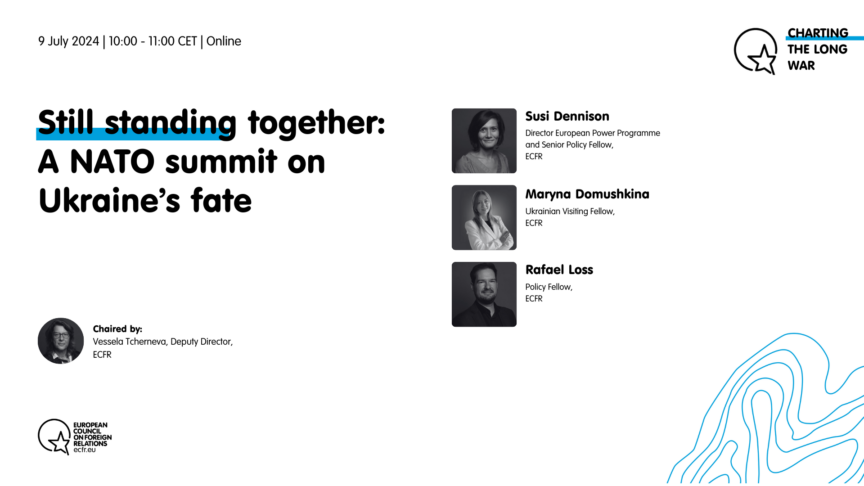
As leaders are about to take pivotal decisions for Ukraine’s fate at the NATO summit, join us for a discussion about pathways and policy options for…
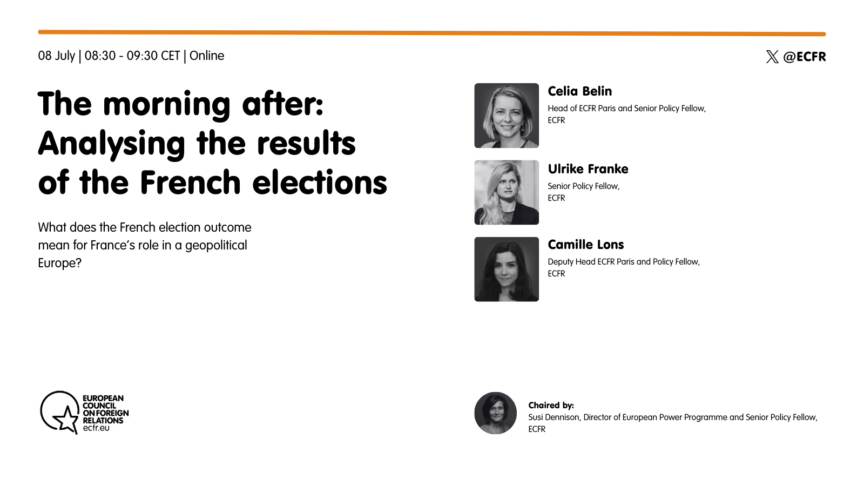
As France discovers the new making of its national assembly, this webinar will analyse the election results and reflect on their impact on a geopolitical…
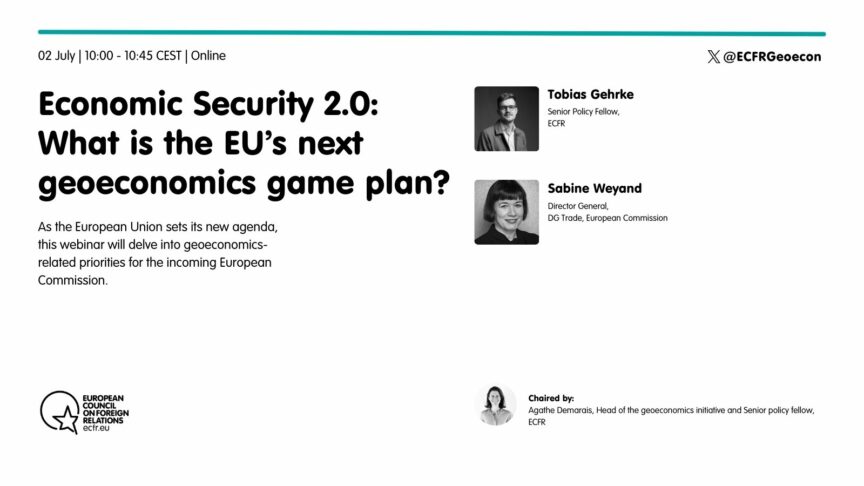
As the European Union sets its new agenda, this webinar will delve into geoeconomics-related priorities for the incoming European Commission. Drawing on two new ECFR…
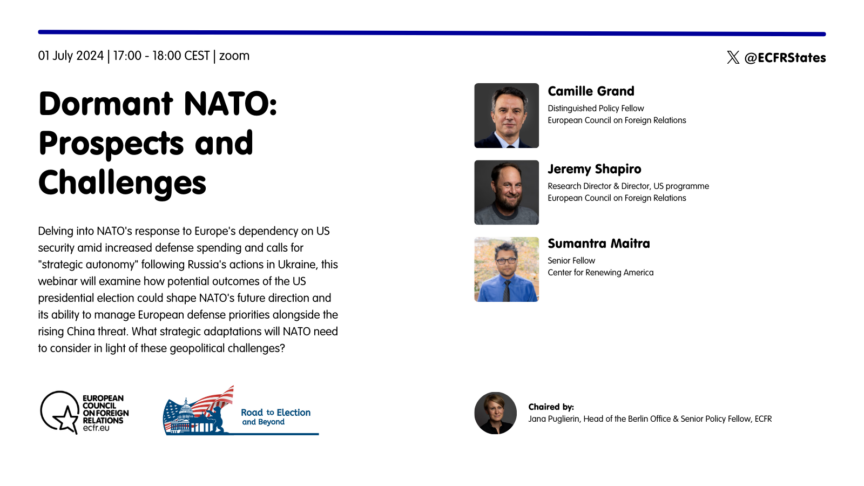
Russia’s war against Ukraine has shown how much the Europeans are still dependent on the US to ensure their security, despite all the talk of…
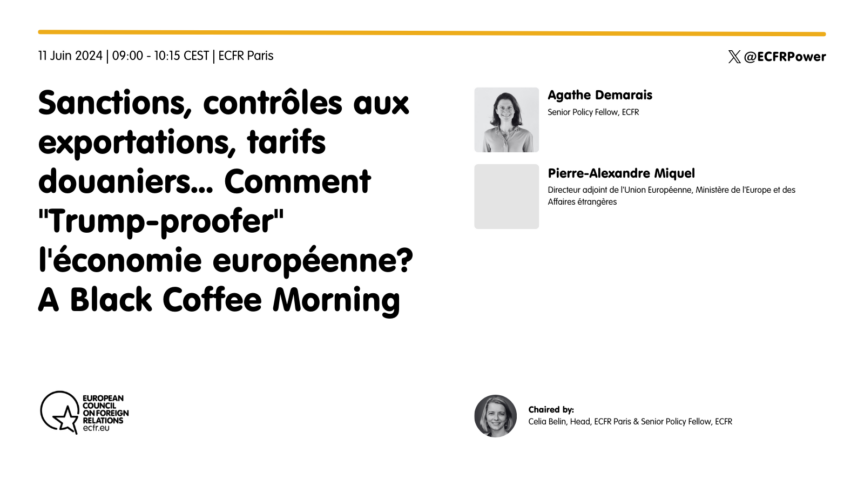
À seulement six mois de l’élection présidentielle américaine de novembre, les Européens s’efforcent de se préparer à une possible réélection de Donald Trump. Dans le domaine…
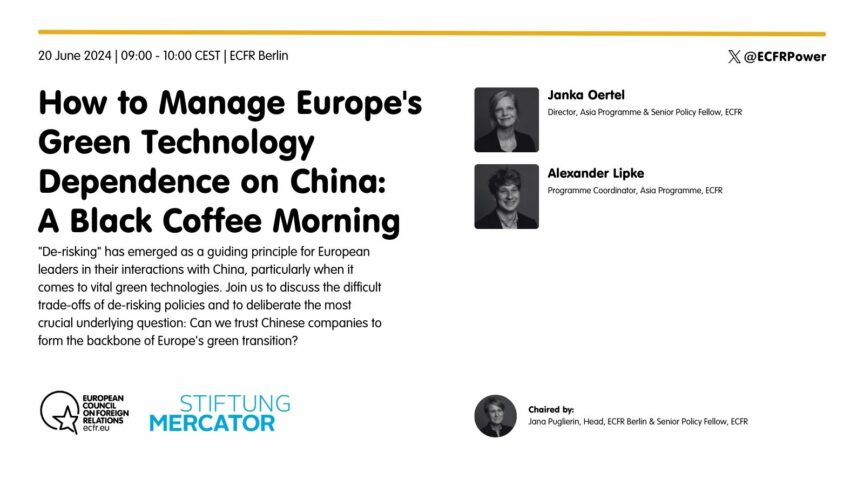
As the global landscape shifts towards strategic rivalry between China and the advanced industrial economies of the West, Europe finds itself at a crossroads, needing…
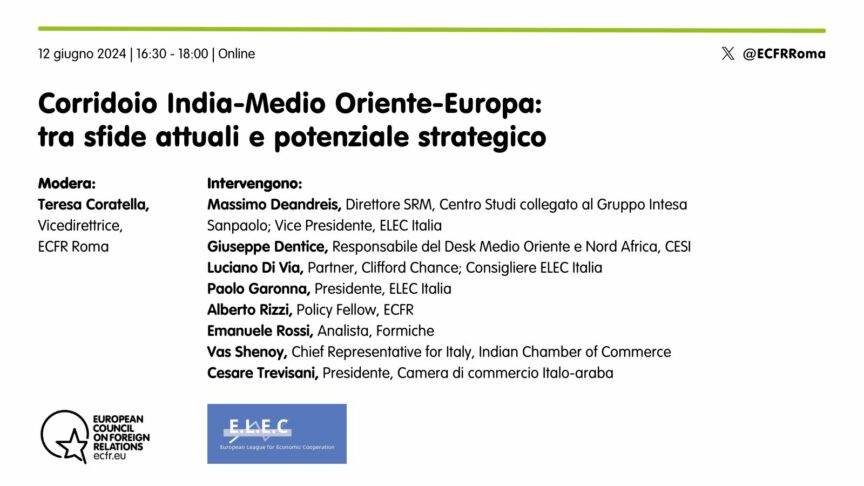
La discussione “Corridoio India-Medio Oriente-Europa: tra sfide attuali e potenziale strategico”, organizzata dall’ufficio di Roma dello European Council on Foreign Relations (ECFR) ed ELEC – European League for Economic Cooperation, avrà luogo, in forma virtuale, mercoledì 12 giugno 2024 dalle ore 16:30 alle ore 18:00 sulla piattaforma Zoom
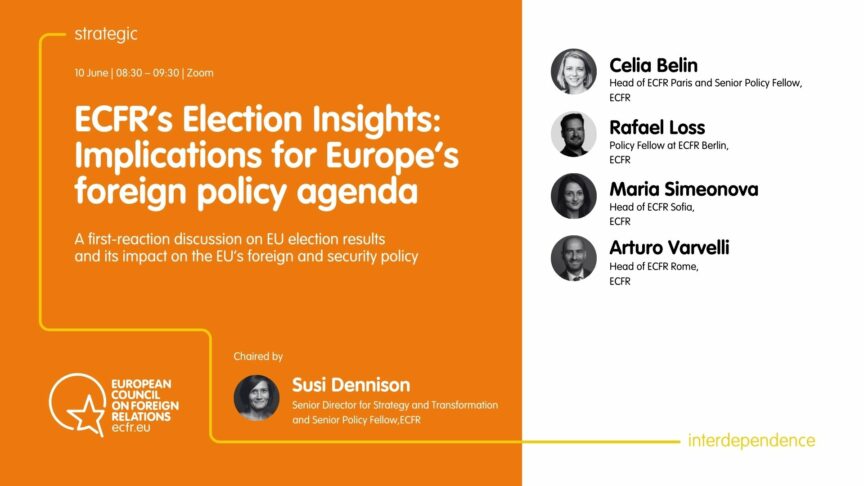
This webinar will provide a snapshot analysis of election results and their implications for Europe’s foreign policy and security agenda. Featuring perspectives from selected ECFR…
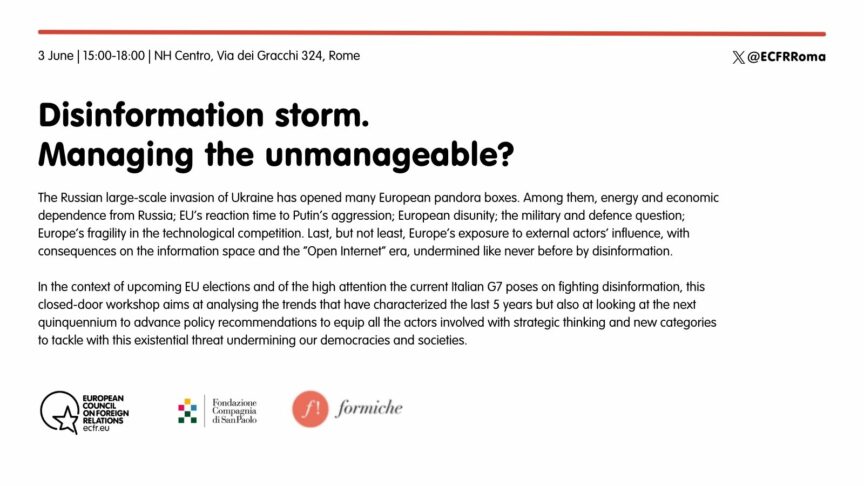
The Russian large-scale invasion of Ukraine has opened many European pandora boxes. Among them, energy and economic dependence from Russia; EU’s reaction time to Putin’s aggression; European disunity; the military and defense question; Europe’s fragility in the technological competition. Last, but not least, Europe’s exposure to external actors’ influence, with consequences on the information space and the “Open Internet” era, undermined like never before by disinformation